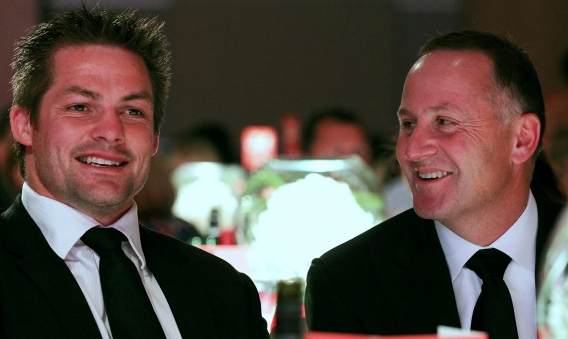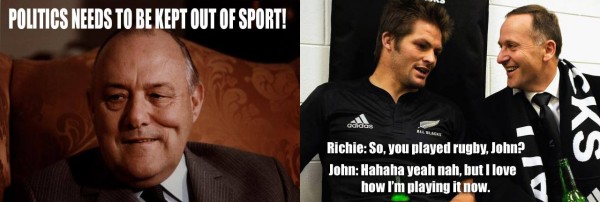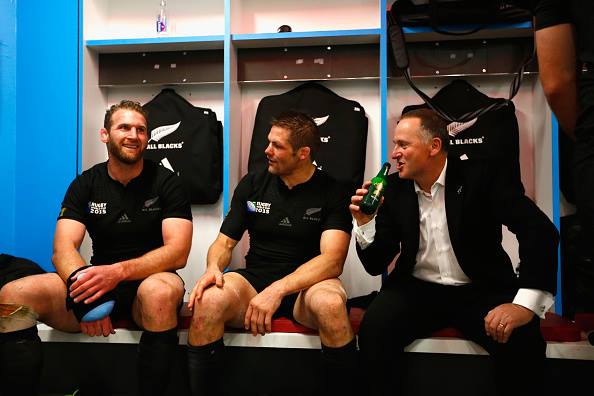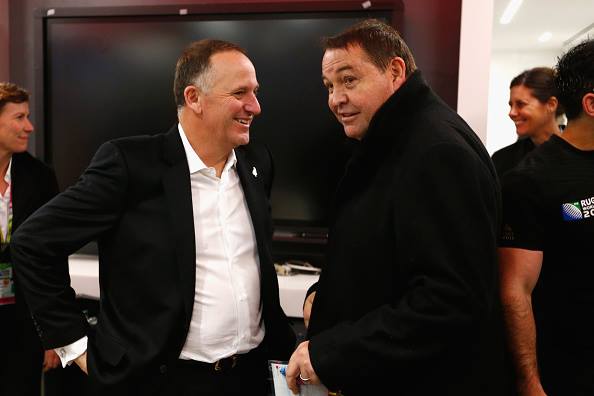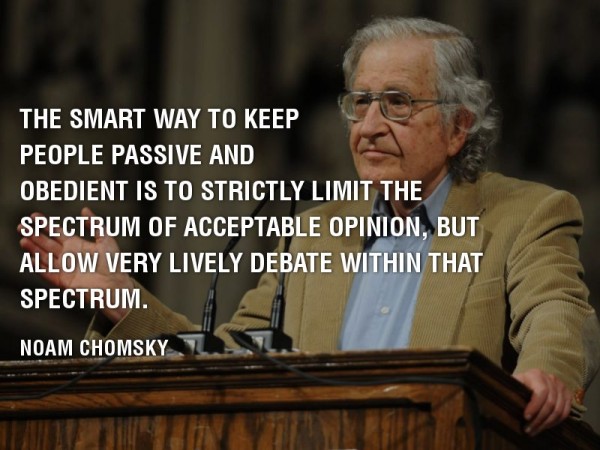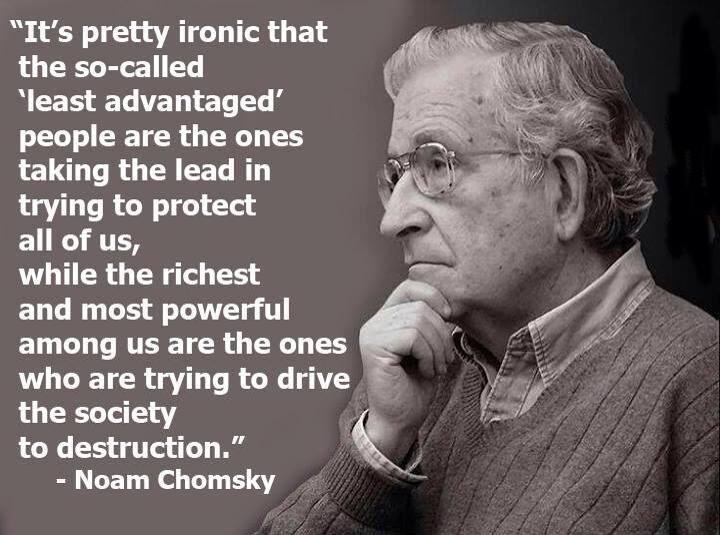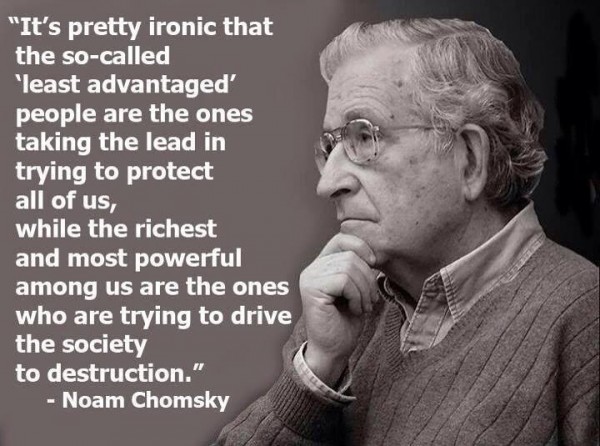
MARTYN BRADBURY’S turbulent political career is notable for its passionate and unwavering commitment to the interests of young New Zealanders. From his stint as the editor of the University of Auckland’s student newspaper, Craccum, to his Sunday night polemics on the youth-oriented Channel Z radio station, “Bomber” Bradbury’s pitch has always been to those condemned to live with the consequences of contemporary politicians’ mistakes.
“Bomber” is part old-time preacher. (Who else greets his audiences with an all-encompassing “Brothers and Sisters!”?) But he is also a user of the very latest communications technology. Loud, brash, occasionally reckless, Martyn Bradbury may not be universally liked, or invariably correct, but his determination to mobilise the young in their own defence cannot be disputed.
His latest crusade on behalf of younger Kiwis calls for a lowering of the voting age from 18 to 16 years. This radical extension of the franchise would be accompanied by the inclusion of a new and comprehensive programme of civics education in the nation’s secondary school curriculum.
In Martyn’s own words: “The sudden influx of tens of thousands of new voters with their own concerns and their own voice finally being heard could be the very means of not only lifting our participation rates, but reinvigorating the very value of our democracy.”
Very similar arguments were advanced by the champions of young people’s rights more than 40 years ago. The late 1960s and early 1970s marked the high point of what left-wing sociologists were already calling the “radical youth counter-culture”.
The slogan of the so-called “Baby Boom” generation, then in their teens and twenties, was uncompromising: “Don’t trust anyone over thirty!” And, political activists among their ranks were convinced that if 18-year-olds were given the right to vote, then their “revolutionary” generation wouldn’t hesitate to sock-it-to the squares in the Establishment and usher-in the long-awaited Age of Aquarius.
Perhaps surprisingly, the Establishment were only too happy to oblige. In 1971, the Twenty-Sixth Amendment to the United States Constitution declared: “The right of citizens of the United States, who are eighteen years of age or older, to vote shall not be denied or abridged by the United States or by any State on account of age.”
Young activists in the Democratic Party wasted little time in flexing their political muscles. At the 1972 Democratic Party Convention, an army of young delegates, veterans of the civil rights and anti-Vietnam War struggles in the streets of America, turned the tables on the old “pols” of the Democratic Party “machine”. (The same machine which, just four years earlier, had unleashed the Chicago Police on anti-war convention delegates.) Using the new party rules which the Chicago debacle had inspired, these youngsters comprehensively out-organised their much older right-wing opponents and secured the nomination for George McGovern, the most left-wing presidential candidate since Franklin Roosevelt.
With millions of new voters eligible to participate, and a candidate committed to fulfilling a sizeable chunk of the youth agenda of economic, social and political reforms, the scene seemed set for a sea-change in American politics.
If only.
In the presidential election of 1968, when the voting threshold was still set at 21-years-of-age, voter turn-out had been 60.8 percent (a high figure by American standards). With 18-year-olds entitled to vote, and a radical candidate for them to vote for, the turn-out in 1972 was 55.2 percent – a participation rate 5.6 percentage points lower than the previous election. To make matters worse, the radical candidate, George McGovern, suffered one of the most humiliating defeats in American political history. His conservative opponent, the Republican Party incumbent, Richard Nixon, was swept back into the White House with 60.7 percent of the popular vote!
Eighteen-year-olds got the vote in New Zealand in 1974. The Labour Government of Norman Kirk had not only enfranchised the young, but he had also ticked-off a great many items on the New Zealand youth agenda for change. He’d abolished compulsory military training, withdrawn the last military personnel from Vietnam, sent a frigate to Mururoa Atoll to protest French atmospheric nuclear testing, and called off the 1973 Springbok Tour. And that wasn’t all: Kirk had even subsidised the creation of “Ohus” – rural communes situated on Crown land.
How did the newly enlarged electorate respond one year later, at the General Election of 1975?
The turn-out in 1972, when the voting age was 20, had been 89.1 percent. Three years later, with tens-of-thousands of “Baby Boomers” enfranchised, the participation rate fell by 6.6 points to 82.5 percent. Even worse, the Third Labour Government (the last to evince genuinely left-wing beliefs) was hurled from office by the pugnacious National Party leader, Rob Muldoon. The swing from left to right was savage: Labour’s vote plummeted from 48.4 percent in 1972, to just 39.6 percent in 1975. [Mind you, what wouldn’t Labour give for “just” 39.6 percent support in 2017!?]
Much as I can understand why Martyn believes extending the franchise to 16-year-olds would harm the re-election prospects of John Key and the Right, I’m equally aware that the historical record argues precisely the opposite.
Taken in aggregate, young people have consistently demonstrated that they have other, more pressing, priorities than closely engaging with the electoral process. In this respect, the 18-25-year-old “Baby Boomers” of 1975 – the very same people who, forty years later (as Bomber so rightly laments) play such a crucial role in determining New Zealand’s electoral outcomes – proved to be no exception.
When they bother to vote at all, it’s true that young people tend to vote for the parties of the Left. But, equally, there is no disputing the fact that their massive and consistent non-participation in the electoral process continues to be of overwhelming benefit to the Right.
TDB Recommends NewzEngine.com

